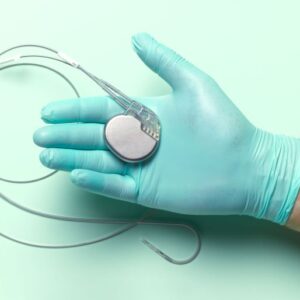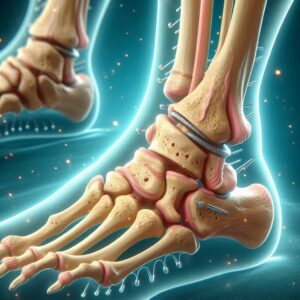Description
Familiarity with Treatment
Surgical extraction is a dental procedure used to remove a tooth that cannot be easily accessed or extracted using a simple extraction method. This may be due to various reasons, such as a tooth that has broken off at the gum line, impacted teeth, or teeth with complex root structures. The procedure is typically performed by an oral surgeon and may involve local or general anesthesia.
Procedure
The procedure for surgical extraction involves the following steps:
- Anesthesia: Local or general anesthesia is administered to ensure the patient’s comfort during the procedure.
- Soft Tissue Incision: The oral surgeon makes an incision in the gum tissue to access the tooth and surrounding bone.
- Bone Removal: If necessary, the surgeon may need to remove a portion of the bone that is covering the tooth.
- Tooth Sectioning: In some cases, the tooth may need to be sectioned into smaller pieces to facilitate its removal.
- Extraction: The tooth is carefully removed from the socket using specialized instruments.
- Closure: The incision is closed with sutures, and post-extraction care instructions are provided.
Who is it Suitable for?
Surgical extraction is suitable for individuals with teeth that cannot be easily accessed or extracted using a simple extraction method. This may include impacted teeth, broken teeth, or teeth with complex root structures.
Who is it Not Suitable for?
Surgical extraction may not be suitable for individuals with certain medical conditions that may increase the risks associated with the procedure. Additionally, careful consideration and evaluation by a dental professional are necessary to determine the most appropriate treatment for each individual case.
Advantages
- Removal of Complex Teeth: Surgical extraction allows for the removal of teeth with complex root structures or those that cannot be easily accessed through simple extraction.
- Prevention of Further Issues: Removing impacted or damaged teeth can prevent further dental issues and promote oral health.
Complications
- Infection: There is a risk of postoperative infections, as with any surgical procedure.
- Nerve Injury: In rare cases, nearby nerves may be affected during the extraction, leading to temporary or permanent numbness, tingling, or altered sensation.
- Bleeding: Excessive bleeding during or after the surgery is a potential complication, although it is rare.
Preoperative Care
Before undergoing surgical extraction, a comprehensive evaluation is performed by a dental professional to assess the condition of the tooth and the surrounding oral structures. This may include a review of the patient’s medical history and dental examination.
Postoperative Care
After surgical extraction, postoperative care may involve managing pain and discomfort, as well as following specific instructions provided by the dental professional. This may include taking prescribed medications, practicing good oral hygiene, and attending follow-up appointments to monitor the healing process.









Reviews
There are no reviews yet.